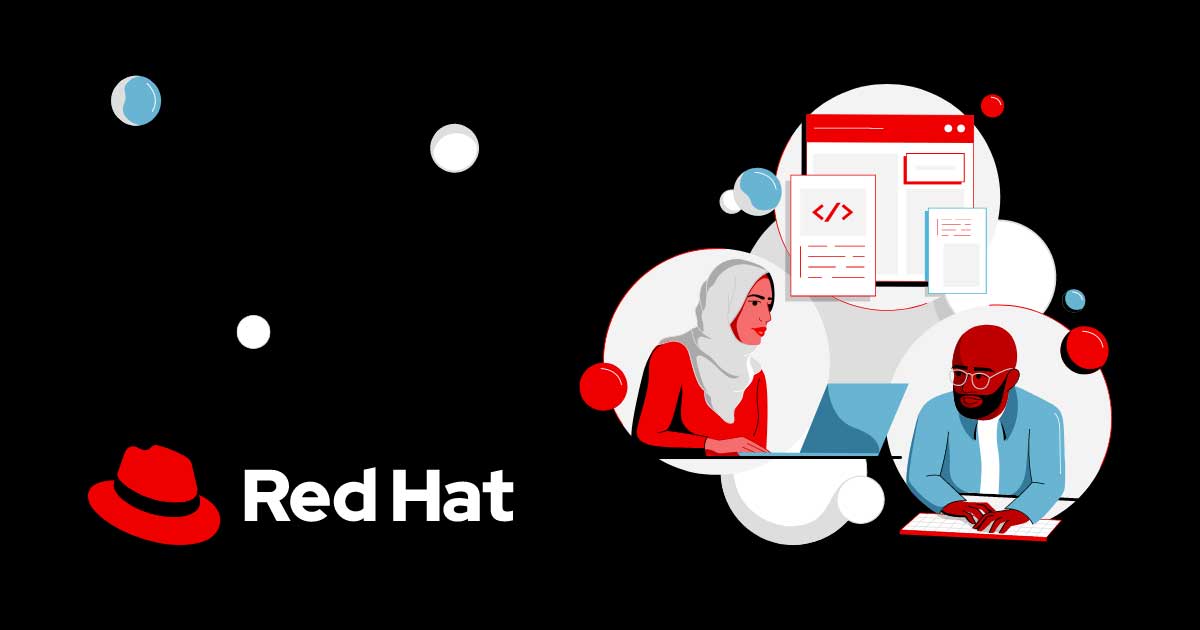You are using an out of date browser. It may not display this or other websites correctly.
You should upgrade or use an alternative browser.
You should upgrade or use an alternative browser.
How to update openssh last version?
- Thread starter soolan
- Start date
You don't need to upgrade to the latest ssh version because you are using a RHEL clone and the version installed on RHEL still gets backported security patches.

 access.redhat.com
access.redhat.com

 access.redhat.com
access.redhat.com

Why is the Openssh version in Red Hat Enterprise Linux older and not up to date with upstream? - Red Hat Customer Portal
Due to a security audit the security officer mentioned that the current latest version of OpenSSH is vulnerable. Therefore there is a need to upgrade OpenSSH from 4.3 to 5.2 or greater. Vulnerability scan is identifying a weakness with OpenSSL version shipped with a RHEL system. Need to upgrade...

Upgrade OpenSSH package from 7.4pl to 8.0pl - Red Hat Customer Portal
Access Red Hat’s knowledge, guidance, and support through your subscription.
Thank you for the information. I have a lack of knowledge about this. I don't quite understand why I shouldn't upgrade. Is there a resource on this? Or where can I get control?You don't need to upgrade to the latest ssh version because you are using a RHEL clone and the version installed on RHEL still gets backported security patches.

Why is the Openssh version in Red Hat Enterprise Linux older and not up to date with upstream? - Red Hat Customer Portal
Due to a security audit the security officer mentioned that the current latest version of OpenSSH is vulnerable. Therefore there is a need to upgrade OpenSSH from 4.3 to 5.2 or greater. Vulnerability scan is identifying a weakness with OpenSSL version shipped with a RHEL system. Need to upgrade...access.redhat.com

Upgrade OpenSSH package from 7.4pl to 8.0pl - Red Hat Customer Portal
Access Red Hat’s knowledge, guidance, and support through your subscription.access.redhat.com
You don't seem to understand what RHEL is? Red Hat does back-port security fixes on all the software from the RHEL repos and all the updates and security patches come from RHEL, the whole idea of using RHEL is that you get 10 years of support for each major version of RHEL not to be using the latest software of everything.

 access.redhat.com
access.redhat.com

 access.redhat.com
Do you even understand how software management works under Linux with a package manager? You don't need to upgrade software from source because when there are needed updates available including security patches they will be available through the sources of the distribution you are running.
access.redhat.com
Do you even understand how software management works under Linux with a package manager? You don't need to upgrade software from source because when there are needed updates available including security patches they will be available through the sources of the distribution you are running.

Security Backporting Practice - Red Hat Customer Portal
Access Red Hat’s knowledge, guidance, and support through your subscription.

What is backporting and how does it affect Red Hat Enterprise Linux (RHEL)? - Red Hat Customer Portal
What is backporting and how does it affect Red Hat Enterprise Linux (RHEL)? The recommended RHEL package version for a CVE does not match the upstream package version. Why are RHEL package versions behind the upstream versions?
If I understand correctly, the servers I manage cannot access the RHEL (Red Hat Enterprise Linux) package servers, so I am using manual methods to get updates and upgrade packages.You don't seem to understand what RHEL is? Red Hat does back-port security fixes on all the software from the RHEL repos and all the updates and security patches come from RHEL, the whole idea of using RHEL is that you get 10 years of support for each major version of RHEL not to be using the latest software of everything.

Security Backporting Practice - Red Hat Customer Portal
Access Red Hat’s knowledge, guidance, and support through your subscription.access.redhat.com
Do you even understand how software management works under Linux with a package manager? You don't need to upgrade software from source because when there are needed updates available including security patches they will be available through the sources of the distribution you are running.
What is backporting and how does it affect Red Hat Enterprise Linux (RHEL)? - Red Hat Customer Portal
What is backporting and how does it affect Red Hat Enterprise Linux (RHEL)? The recommended RHEL package version for a CVE does not match the upstream package version. Why are RHEL package versions behind the upstream versions?access.redhat.com
Then you should using something like Satellite or The Foreman running which sync the RHEL or Oracle Linux repos and then your clients connect to that to retrieve their updates. Updating every piece of software on RHEL or a RHEL clone by compiling and installing it manually is just plain stupid and inefficient and it goes against what RHEL stands for and is meant to be and Red Hat and Oracle will not support it, you might as well not use RHEL(or clone) then but another distribution.If I understand correctly, the servers I manage cannot access the RHEL (Red Hat Enterprise Linux) package servers, so I am using manual methods to get updates and upgrade packages.
Foreman

Red Hat Satellite
Red Hat Satellite is system management software that makes Red Hat infrastructure easier to deploy, scale, and manage across any environment.

